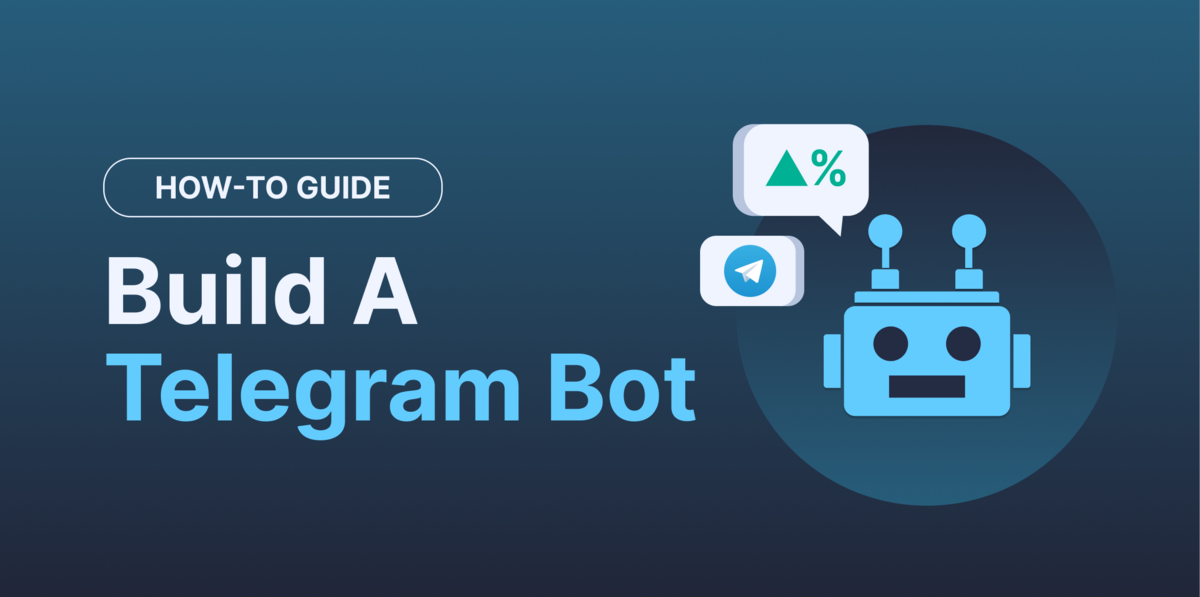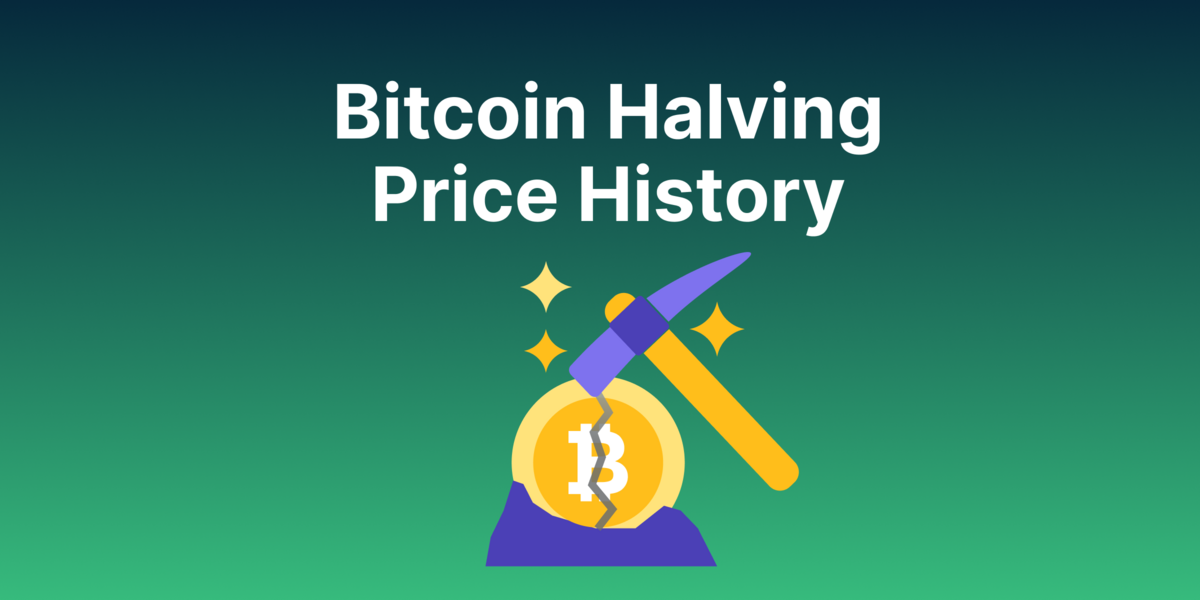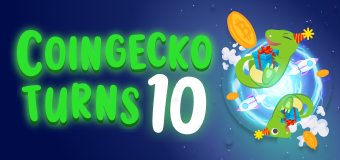Governance vs. Utility Tokens
Governance tokens are used on voting portals to submit and also to decide on improvement proposals, while utility tokens are used to access an protocol’s features. The governance tokens of some dApps may double as utility tokens.
Key Takeaways
-
Governance tokens are used on voting portals to submit and also to decide on improvement proposals, where voters play an active role in a project’s governance.
-
Utility tokens are used to access a project’s technology and other services.
-
Sometimes, a token serves double purpose and is used to serve the ecosystem and help the community to run the project through a DAO. Where the latter isn’t included, the token is purely a utility token.

Cryptocurrencies are generally issued with a purpose before they find their way into decentralized and centralized exchanges, and become subjects of financial speculation. On one hand, cryptocurrencies are often equated with company shares, where prices fluctuate based on the company’s growth. Like shares, where shareholders can vote on decisions according to their stakes in the firm, governance token holders can vote on proposals in a DAO.
But beyond governance tokens, there’s another common type of token, which is actively utilized in the day-to-day operations of a protocol – utility tokens.
In this article, we’ll look at governance and utility tokens, and how these two compare against each other.
What Are Governance Tokens?
Governance tokens are issued by a DAO or a project that runs a DAO alongside other activities. They are used on on-chain or off-chain voting portals to vote on improvement proposals. It might also be mandatory that anyone who wishes to submit a proposal to the DAO must hold its governance token. Just like shares are stakes in a company, governance tokens are stakes in a decentralized government. Every holder gets to deliver an impact, relative to the amount of share they own, on the government.
DAO structures might differ across protocols, but every variant involves a token-to-vote ratio and a couple of criteria that qualify the members to vote (or submit proposals) and guide the validity of a voting session. Where the Ve token system or similar model is used, holders will need to lock up their tokens for an amount of time, usually selected by them.
The DAO and its system take the responsibility of collating members’ votes and delivering an unfiltered verdict on the issue being discussed. Where used properly, the community’s voice, heard through the DAO, is the principal source of decisions for the project.
What Are Utility Tokens?
Utility tokens are application tokens. As the name suggests, they are applicable to the project’s system and are often designed to complete a system and connect holders to the technology or service offered by the decentralized application.
Utility tokens could be native tokens of a blockchain network or access tokens for a decentralized application. In both cases, the token is required, either because the application cannot be used without these tokens or because they unlock several extras or privileges like boosting the application’s performance or unlocking some special features or services.
DeFi platforms integrate utility tokens in several ways. Decentralized applications like Brave browser use their utility token to fuel their attention economy. Service platforms also attempt to create value for their utility tokens by making them the only acceptable payment option for all or a fraction of their services, as in the case of some crypto insurance companies, which accept payment in their native tokens, or Chainlink, where LINK tokens are used to pay node operators for retrieving data.
Utility tokens showcase the value of the applications they represent. While unrelated market forces could affect the value, the bigger impact is from the developments surrounding the project they are associated with.
Comparing Governance Tokens and Utility Tokens
A governance token is a stake in an administration while utility tokens are gateways to a technology or a service. Some projects try to separate their administration from other aspects and issue different tokens for each, while other projects fuse these together through a unitary token.
Major similarities between these two types of tokens are the fact that they run on the blockchain and often bear financial values. Utility tokens and governance tokens are issued either as a native token of a blockchain or a smart contract token. The former immediately assumes the role of being the principal currency of the network, where it might or might not confer governance rights, but is necessary for the utility of the blockchain if it is used to pay gas fees.
On the other hand, smart contract tokens cannot be used as a gas token since it runs on an existing blockchain, but can be endowed with a handful of roles and use cases as designed by the project (for example, you can purchase cover with Nexus Mutual’s NXM, which also doubles as the project’s governance token).
As a store of value, utility and governance tokens represent a service or technology and a government respectively. Investors speculate on their price developments, and fluctuations results according to investors’ convictions at any point in time, leaving both subject to market forces.
|
|
Governance Tokens |
Utility Tokens |
|---|---|---|
|
Definition |
A Governance token is a share in a decentralized autonomous organization (DAO). They are designed for political activities like voting on proposals, raising a consensus, and executing community agreements. |
They are application tokens used routinely on decentralized protocols to perform activities and provide access to available solutions. |
|
Usage |
Governance tokens are used on on-chain and off-chain governance voting portals to vote on improvement proposals. They could also be required to submit a proposal to the community. |
Utility tokens allow access to the primary or special features of a user application. Holding them can also attract special incentivization depending on the protocol. |
|
Value |
Governance tokens bear the value of the government or community they represent. Their value is an expression of the quality of the project they govern. |
The value of utility tokens is an expression of the relevance of the feature or solutions the application they represent promises to offer. |
|
Examples |
Can Utility Tokens Be Governance Tokens?
Yes, utility tokens can also be governance tokens. On some dApps, holders of the native token gain participation rights in the governance and can also use their tokens to run the user application, unlock available privileges and also trade them if they wish.
It is also possible to use native blockchain utility tokens for on-chain governance, although not as part of a DAO. This usually involves staking the native coin, and potentially running a validator node to qualify as a voter. That said, community members may suggest improvement proposals in off-chain forums, as in the case of Aptos.
Final Thoughts
Two things make up a project (or product); the technology or service it provides and how these technologies or services are managed alongside the users and the sponsors to create the best possible value for every party involved.
Utility tokens are focused on furnishing a project’s technology and giving holders access to the project’s offerings. On the other hand, governance tokens are focused on building a system to integrate users into the administration of the projects; it attempts to create a decentralized governance system. But as a decentralized application, both are often needed; a token for the utility and the administration as well. Many projects issue a single token for both, while some issue different tokens for each of these – for instance, Axie Infinity has Smooth Love Potions as the game’s main currency, while Axie Infinity Shards are used as the gamefi project’s governance token.
As blockchain and cryptocurrency evolve, we could see these two classes of tokens being improved to work even better than they do currently, although the financial aspect is likely to be maintained throughout this time. For investors, it is important to understand how the use cases affect the value before investing in any of these. Caution is recommended for every investment. Also, note that this content only seeks to educate its readers and not provide financial advice.

Joel is deeply interested in the technologies behind cryptocurrencies and blockchain networks. In his over 7 years of involvement in the space, he helps startups build a stronger internet presence through written content. Follow the author on Twitter @agboifesinachi









 Or check it out in the app stores
Or check it out in the app stores